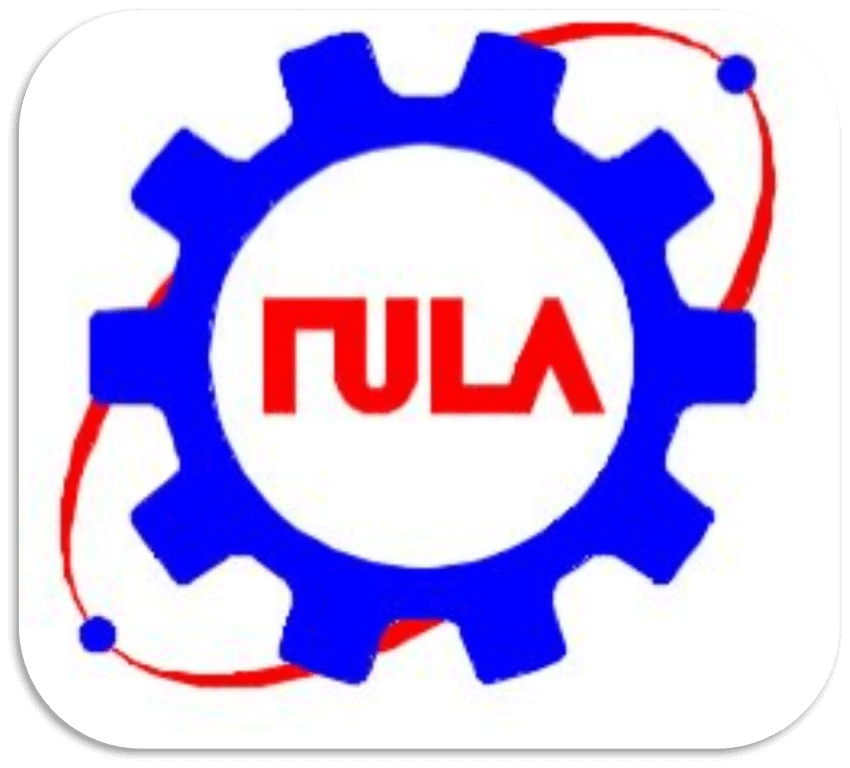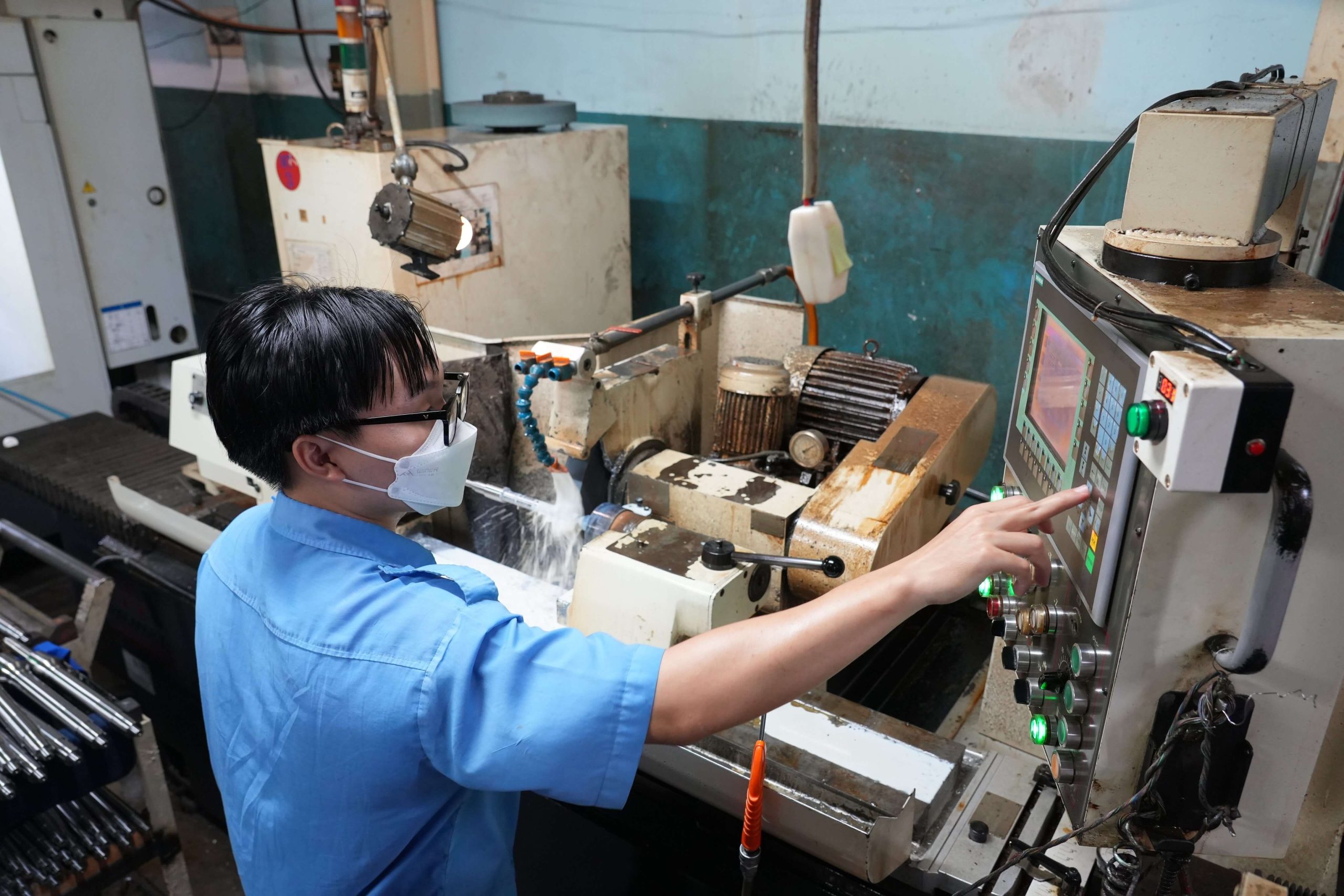TTO – The history of the supporting industry has hundreds of stories about silent examples of entrepreneurs contributing to the industry and society, bringing Vietnam deeper integration into the global supply chain, but with few. who knows.
During the economic crisis of 2007-2008, a series of multinational companies with component suppliers in Vietnam cut orders by 70 – 80% after just one month. Most supporting manufacturing companies are in a state of paralysis, laying off workers en masse.
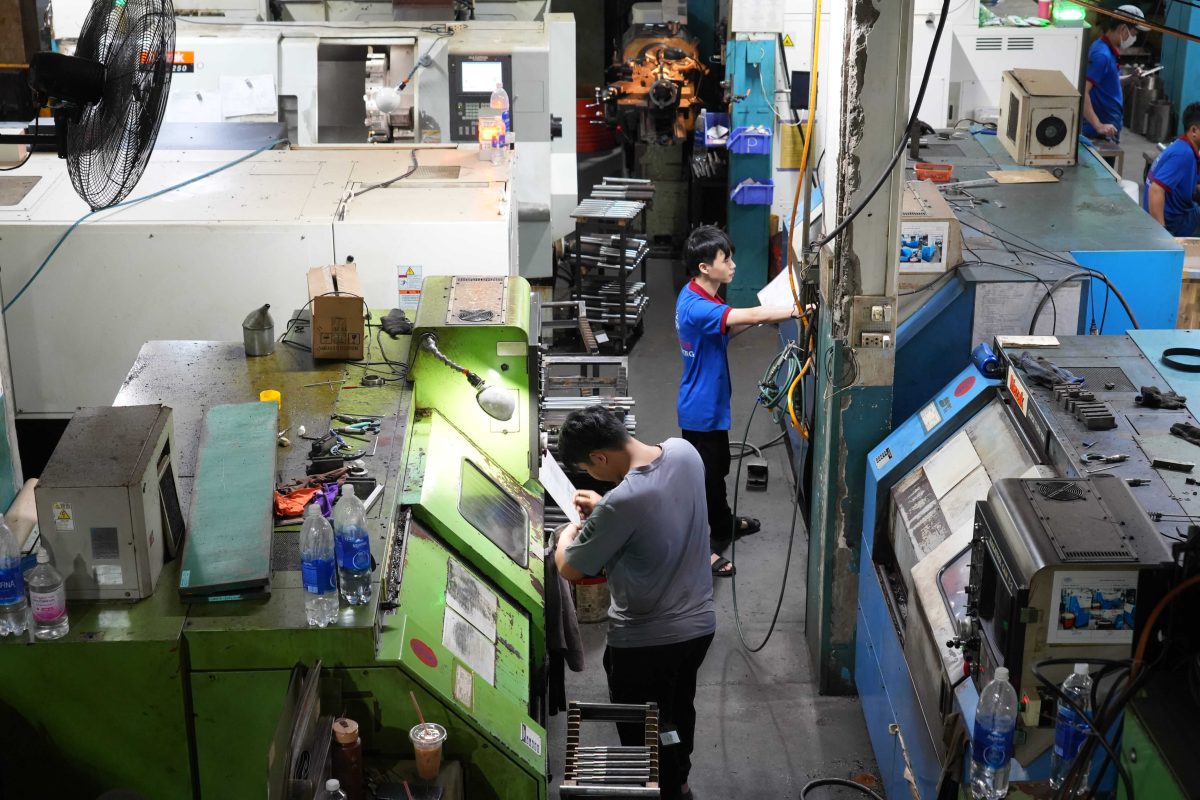
C.T., a plastic injection company that has just expanded its factory on the edge of the old District 9, could not avoid this situation when Tier 1 (level 1 supplier) of Canon, their largest customer – withdrew up to 90% of Mold returns. In the list of retained employees, there is a janitor whose only job is to clean machines. “The longer the machine doesn’t run, the cleaner it must be kept,” ordered the factory boss.
When potential partners during the crisis and free time came to visit, they only found the factory deserted with a few workers cleaning the warehouse. But all the pressing machines, even though none of them were running, were clean, next to them was a silhouette of workers diligently cleaning, sequentially from beginning to end of the factory.
Half a year later, when the crisis situation passed the bottom, those customers returned to first consider approving CT to become an official supplier. 5S – making everything around you always clean, tidy, always in a state of readiness for use, something the Japanese are masters of, is the method that CT has applied since its start-up to convince customers.
After 12 years since the time of crisis, the number of their factories has reached 2 digits with a full range of pressing, molding, stamping, and assembly workshops providing for familiar names: Schneider, Nidec Vietnam… and an entire ERP implementation application center.
Guests are invited to visit the factory
Another way to keep potential customers coming back a second time – is what SKR – a late born company also in the plastic injection industry – does, is to take customers to the mold making workshop, showing them to them. mold making rig, measuring room, and affirmation: T2 (sample of the second mold adjustment) is committed to being approved and the mold price will be at least 30% cheaper than any other company.
After 6 years of starting a business from a pressing factory located in an alley in Thu Duc, SKR became the largest plastic injection partner for Jabil Vietnam, the world’s largest end-to-end assembler. N.T.D – owner of SKR factory, before starting his business, spent more than 10 years standing around the plastic injection machine to adjust the injection mode and repair the machine…
Go back another 10 years, to the mid-1990s when the first industrial parks in the South were born: Tan Thuan, Bien Hoa II Export Processing Zone – Song Than I – VSIP I with mainly Taiwanese and Japanese companies. Copy. At that time, even the washing machine barrel straps, the Japanese Sanyo factory in Bien Hoa II Industrial Park had to be imported from the Trading Company in Singapore because the wires in Vietnam were not elastic enough and could not be welded.
A set of wires connecting from the circuit board to the transmission parts must also be provided by a company originating from Japan – the Me Tran Company of engineer Tran Ngoc Phuc, the second most famous Vietnamese in Japan today. in.
4-5 years later, a group of young Vietnamese engineers from Me Tran separated and started a business making electric wires and also making induction cookers. After 2 years, they lost money because they did not use the correct stone surface. After using the stove for a few months, the surface cracked. The brothers sold all their houses and land and the company disbanded. Of the original 5 people, after 5 years only one remained in the wire assembly industry by borrowing and mortgaging land to restart his business.
Another 10 years, during the COVID-19 epidemic, DAT – a company specializing in making electrical wire assemblies in Dong Nai, still has to recruit more seasonal workers to fill enough orders for Japan’s Nidec Group and Samsung in the Industrial Park. high technology.
Supporting industry of “uncles”
Selling his house to buy the first CNC machine in Vietnam from Mr. Tri Lap Phuc, or Mr. Hy – Duy Tan, who rose from the philosophy that even making a trash can be beautiful, then became a mold manufacturer and exporter. Large quantities for European companies. Mr. Do Phuoc Tong, Duy Khanh mechanic, is always worried about the large enough scale of Vietnam’s mechanical industry.
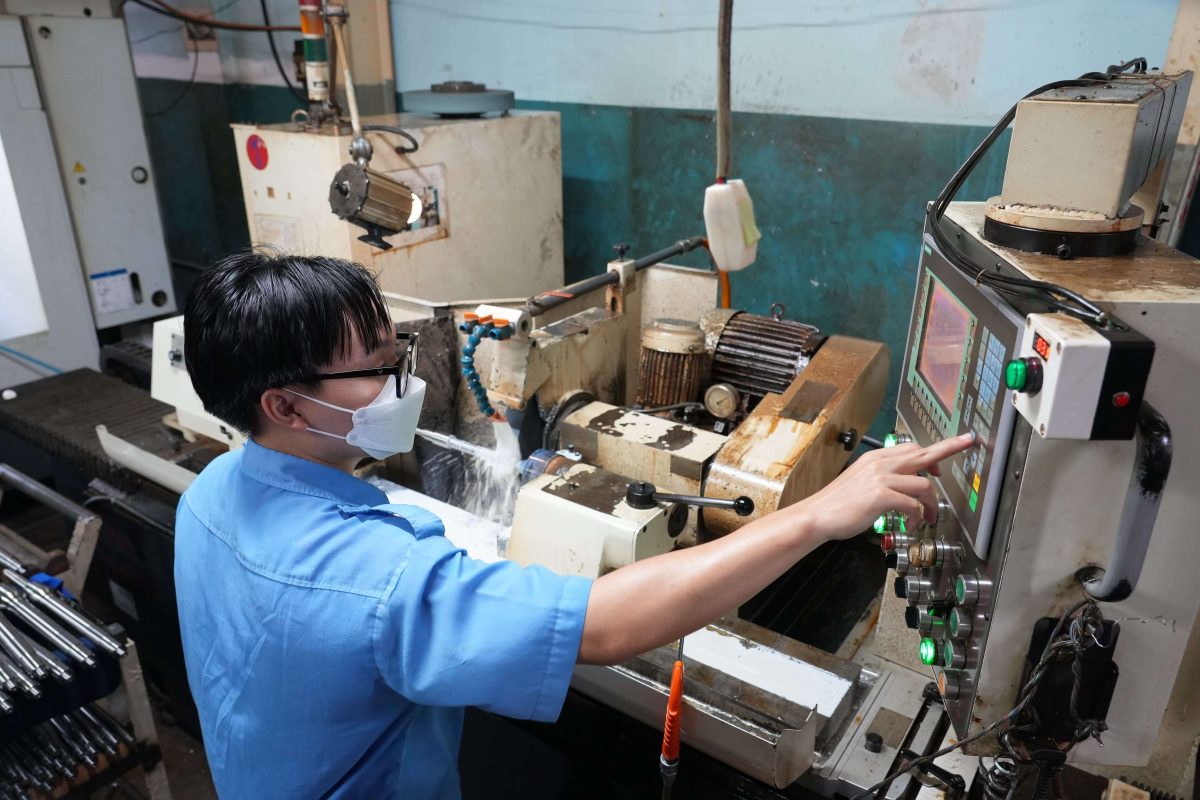
These are the “uncles” who are pioneers and successful in the supporting industry thanks to their perseverance, passion and considering work as a career rather than making money.
As for other small and medium-sized enterprises in this industry, like SKR, like DAT… foreigners know them sometimes more than Vietnamese people, although each such enterprise can provide a livelihood and a living. hundreds of workers without paying much attention to whether the housing or stock market goes up or down.
Most of the time, they just go down to the factory, look at the machines or scrutinize a difficult product. For those who are familiar with this factory and machinery environment, a clean, tidy, correctly operated factory is always more beautiful than any fancy shopping mall. Because they know, to maintain a factory that meets 5S standards, not only does it require a team to set up and decorate the sales space, but it also requires 4-5 years of training and maintaining discipline and successful habits. the habits of hundreds, thousands of people with different qualifications, personalities…
There’s still much work to be done
After more than 30 years of opening up to the world, Vietnamese entrepreneurs are still full of desire and will to create more complex, more expensive products, deeper into the global supply chain.
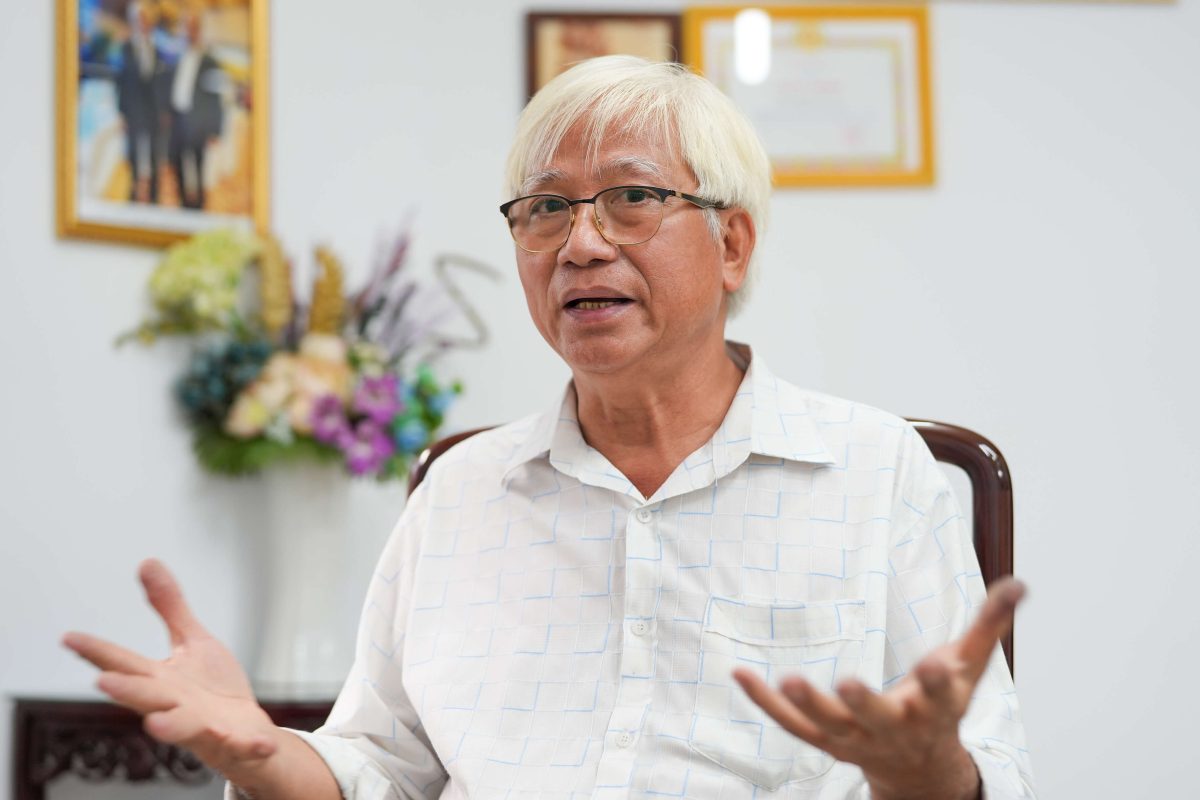
But we must admit that the communication asymmetry between the real value of the person who makes the product – and the person who sells the product – makes the younger generation think that participating in the manufacturing ecosystem is not a job worth pursuing.
It is necessary for the whole society to reconsider the development dynamics and competitiveness of the country. In which, people who diligently work and innovate every day to compete with the industries of neighboring countries must be respected.
There is no shortage of government policies issued to support manufacturing businesses, but most depend on local government implementation and have not reached businesses.
There are still concerns about weaknesses with limited autonomy such as mold manufacturing capacity – the ability to treat metal surfaces, plating (surface treatment), or continuous packaging (tape and reel packing), or further, process productivity control (CPK) capabilities, automation capabilities, end-product design and assembly control levels, and effective linkages between the community of businessman – industry…
Before their eyes, there is so much work to do!
